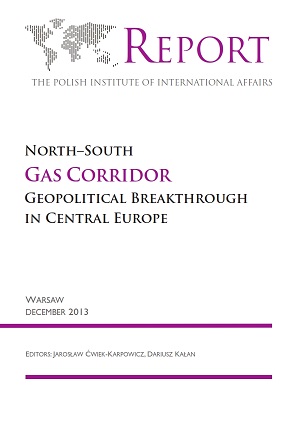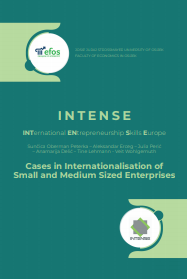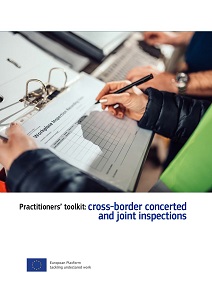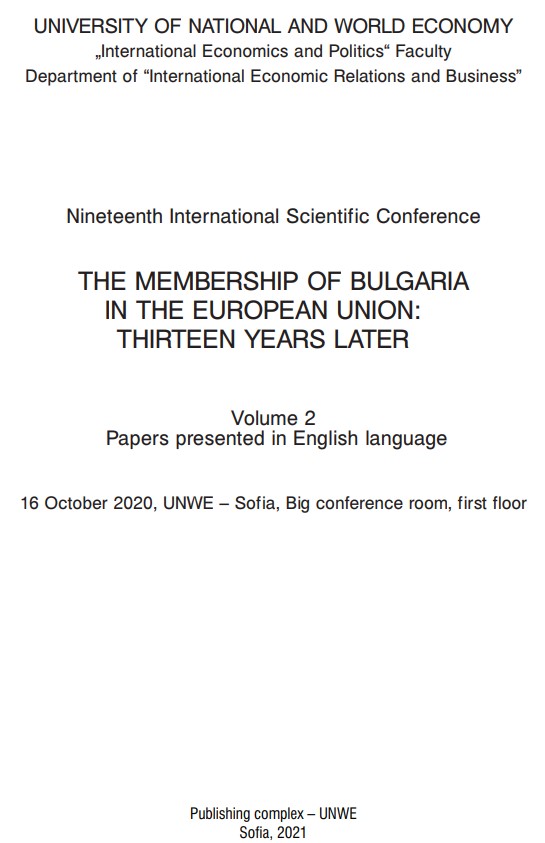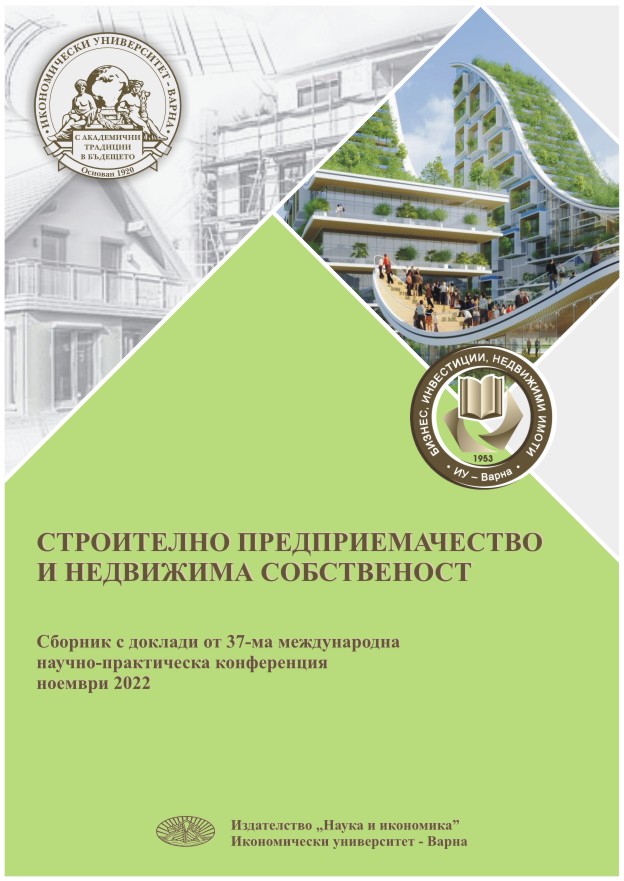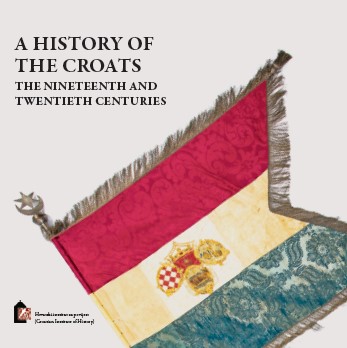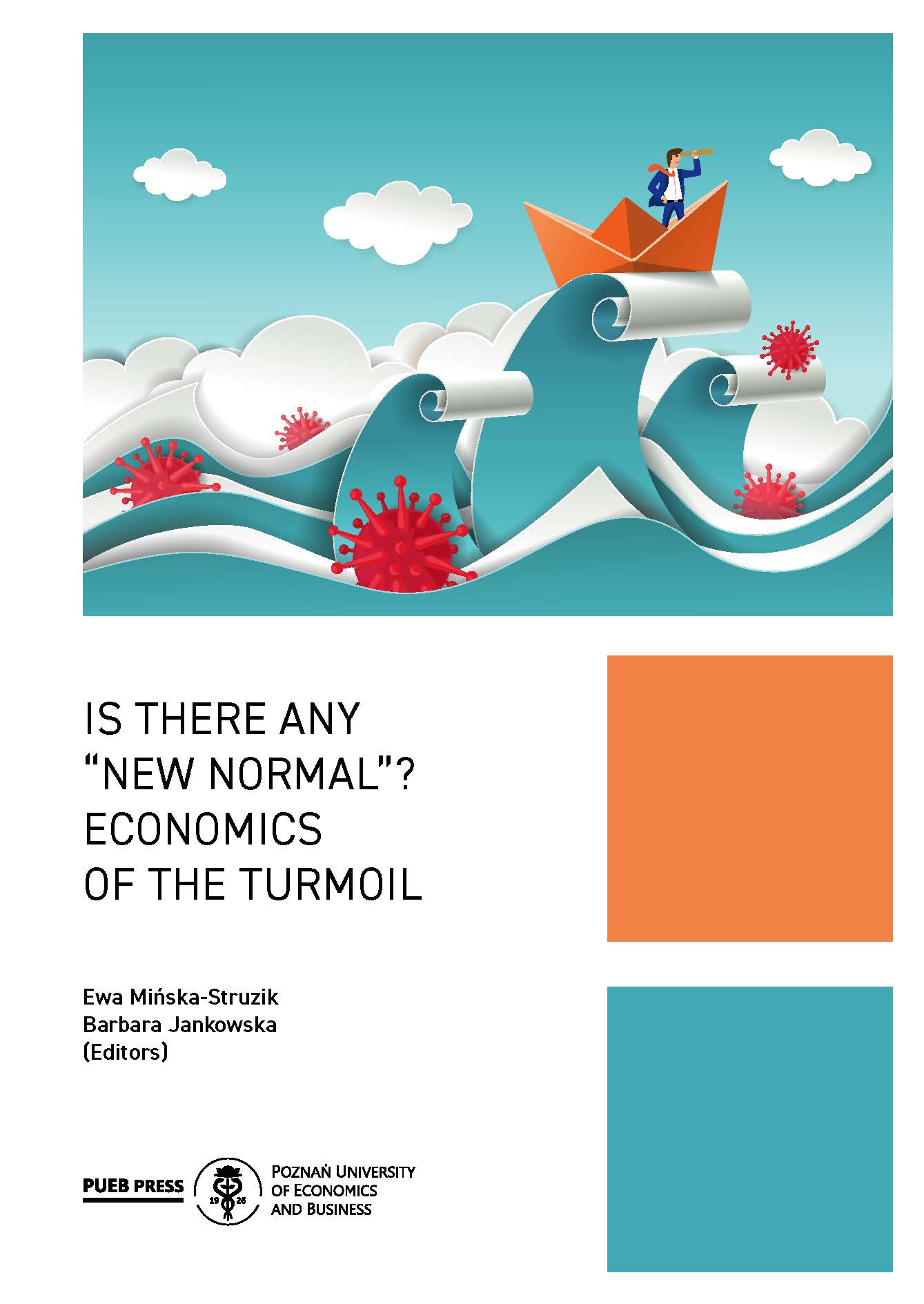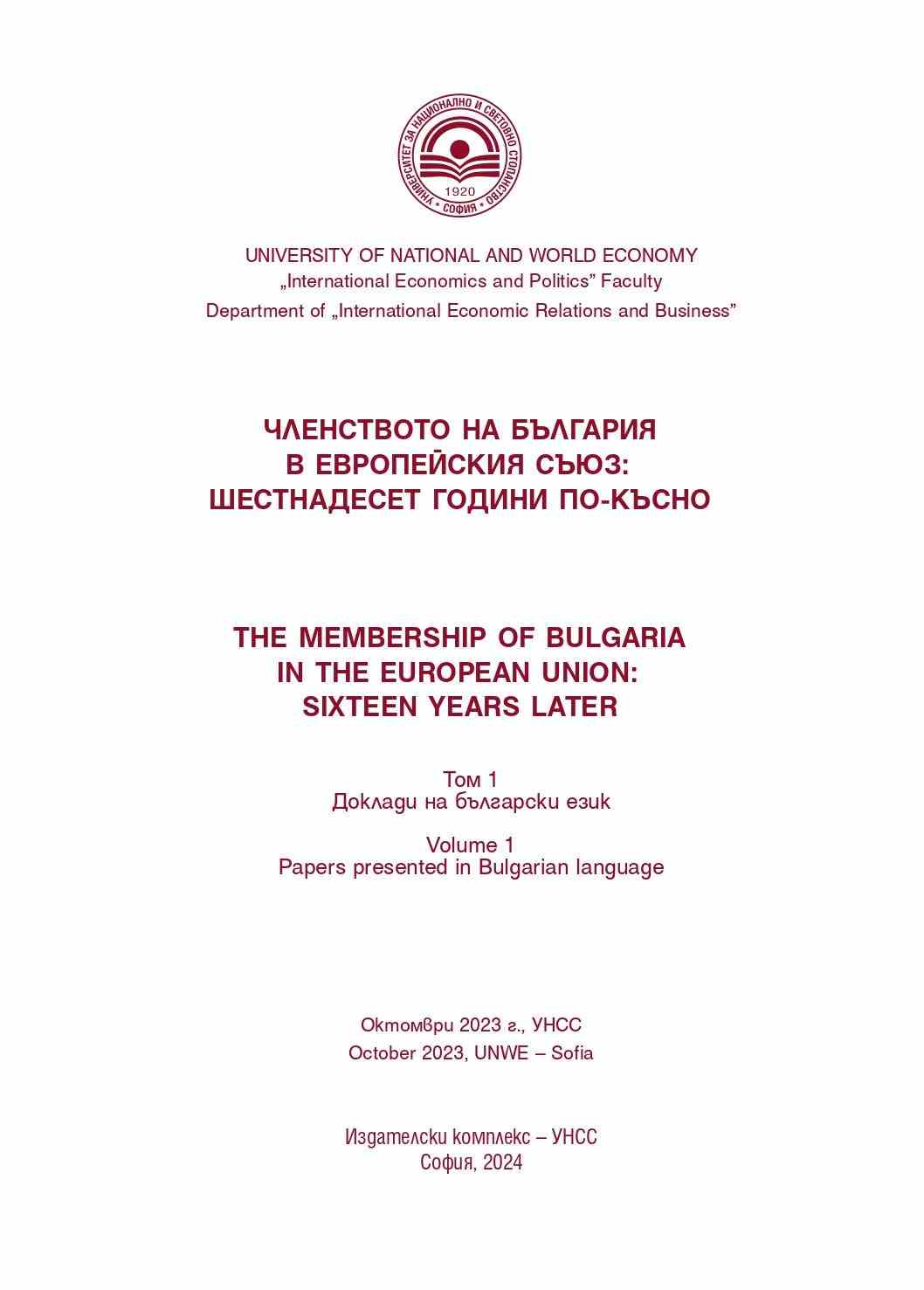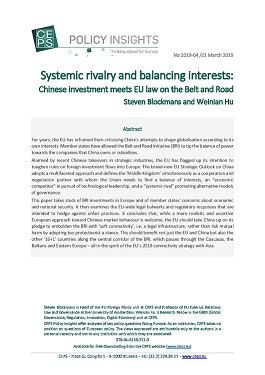
Systemic rivalry and balancing interests: Chinese investment meets EU law on the Belt and Road
For years, the EU has refrained from criticising China’s attempts to shape globalisation according to its own interests. Member states have allowed the Belt and Road Initiative (BRI) to tip the balance of power towards the companies that China owns or subsidises. Alarmed by recent Chinese takeovers in strategic industries, the EU has flagged up its intention to toughen rules on foreign investment flows into Europe. The brand-new EU Strategic Outlook on China adopts a multifaceted approach and defines the ‘Middle Kingdom’ simultaneously as a cooperation and negotiation partner with whom the Union needs to find a balance of interests, an “economic competitor” in pursuit of technological leadership, and a “systemic rival” promoting alternative models of governance. This paper takes stock of BRI investments in Europe and of member states’ concerns about economic and national security. It then examines the EU-wide legal bulwarks and regulatory responses that are intended to hedge against unfair practices. It concludes that, while a more realistic and assertive European approach toward Chinese market behaviour is welcome, the EU should take China up on its pledge to embolden the BRI with ‘soft connectivity’, i.e. a legal infrastructure, rather than risk mutual harm by adopting too protectionist a stance. This should benefit not just the EU and China but also the other ‘16+1’ countries along the central corridor of the BRI, which passes through the Caucasus, the Balkans and Eastern Europe – all in the spirit of the EU’s 2018 connectivity strategy with Asia.
More...
